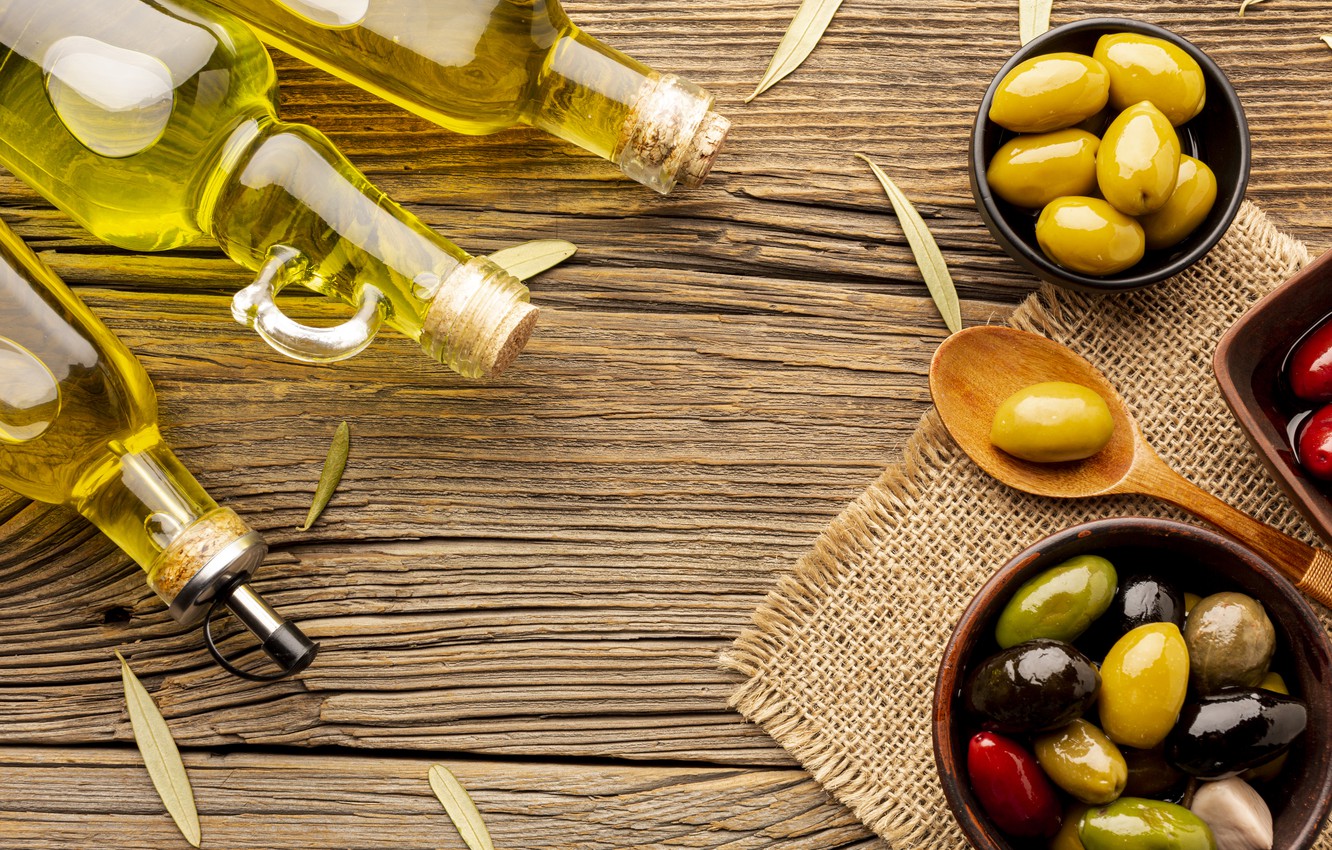Olive oil, often referred to as “liquid gold,” is more than just a cooking ingredient; it’s a symbol of Mediterranean culture and a testament to the art of craftsmanship. From the groves of ancient olive trees to the modern mills, the process of making olive oil is a blend of tradition and innovation. Join us on a journey to explore the making of this golden elixir and its deep cultural significance in the Mediterranean.
The Olive Tree’s Legacy
The olive tree, with its gnarled branches and silver-green leaves, has graced the Mediterranean landscape for thousands of years. It is a resilient symbol of life, endurance, and peace. Olive cultivation dates back to ancient times, with some trees being centuries old, passed down through generations.
Harvesting the Olives
Olive harvesting is a time-honored tradition. The ripe olives are carefully handpicked or gently shaken from the branches onto nets below. The timing of the harvest is crucial, as it affects the oil’s flavor profile. Early harvest produces robust, peppery oils, while late harvest yields milder, fruity oils.
The Pressing Process
The harvested olives are transported to modern mills, where the magic happens. First, they are cleaned and washed to remove leaves and debris. Then, they are crushed into a paste. Traditionally, stone mills were used, but modern facilities employ stainless steel crushers.
Extraction of the Oil
The olive paste undergoes a hydraulic press or centrifuge process to separate the oil from the pulp and water. This extraction process varies, yielding different grades of olive oil, including extra virgin, virgin, and refined oils.
Extra Virgin Olive Oil: The Highest Grade
Extra virgin olive oil, often considered the finest, is produced by cold-pressing the olives without heat or chemicals. It retains the purest flavors and is rich in antioxidants. Its taste can range from grassy and herbal to fruity and peppery.
Cultural Significance
Olive oil holds a profound cultural significance in the Mediterranean. It is used not only for cooking but also in religious rituals, skincare, and lamps. The olive tree is a symbol of peace and prosperity, and the oil represents the region’s rich history and connection to the land.
Culinary Uses
Mediterranean cuisine relies heavily on olive oil. It is used in dressings, marinades, sautéing, and as a finishing touch. The flavors of different olive oils can elevate dishes, from drizzling extra virgin oil on fresh salads to using mild varieties for delicate pastries.
Conclusion
Olive oil, “liquid gold” of the Mediterranean, is more than a condiment; it’s a cultural treasure that binds generations and nations. The journey from ancient olive groves to modern mills reflects the enduring spirit of craftsmanship. As we savor its flavors, we celebrate not just a culinary tradition but also the rich tapestry of Mediterranean culture and history.


